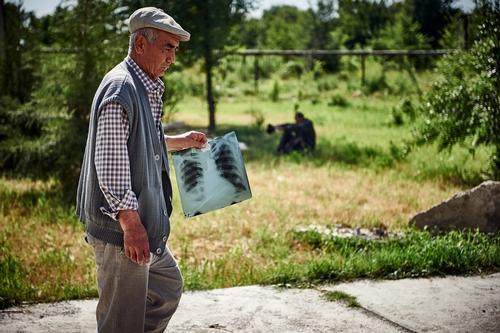During the 1990s, MSF teams made a bitter observation: we were failing to treat some of our patients suffering from infectious diseases, while in developed countries, remarkable progress was being made in the field of health. Two decades on, medicines in developing countries are still either too expensive, aren't suitable to be used in many of the contexts in which we work (for example, in hot, humid conditions or where there's a lack of electricity), or simply don't exist for the diseases we need to treat.
In 1999, we launched the Campaign for Access to Essential Medicines, now known as the Access Campaign. Its mission focuses on three areas: overcoming barriers to access to essential medicines, stimulating research and development for neglected diseases, promoting health exceptions to global trade agreements.
In 2003, MSF joined several research institutes, including the Institut Pasteur, to create the Drugs for Neglected Diseases initiative (DNDi), a non-profit research and development organisation engaged in research and development of new treatments for neglected diseases.
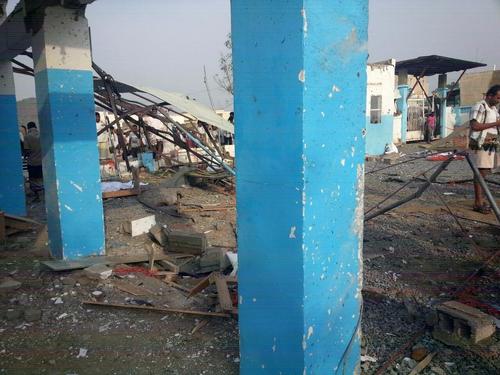
MSF International President to UN Security Council: "This failure reflects a lack of political will"
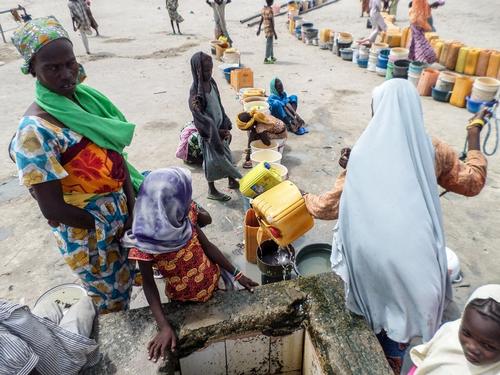
Disastrous living conditions more deadly than violence
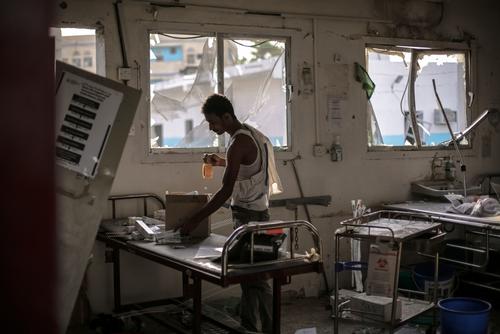
MSF releases detailed documentation of attacks on two medical facilities ahead of UNSC closed session on protection of medical mission
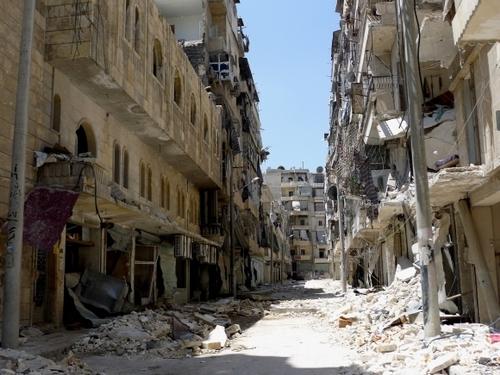
Aleppo hospitals report sharp increase of wounded following days of heavy bombing
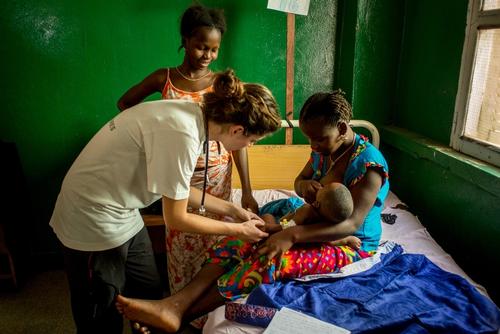
"Transferring medicine from rich countries to poor countries without adapting it does not always work"
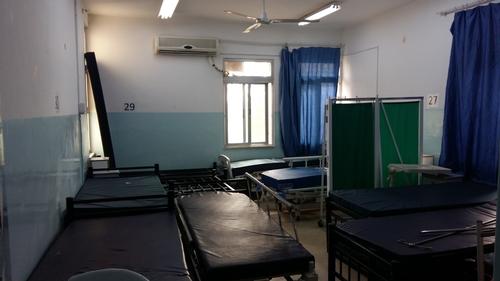
Syrians denied access to lifesaving medical care for third consecutive month
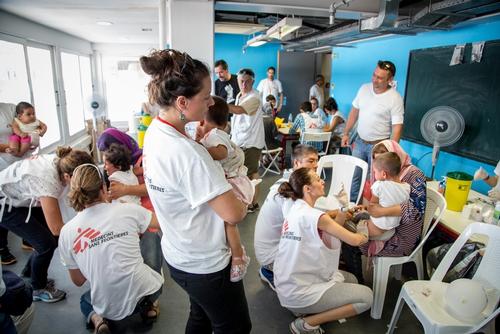
MSF welcomes GSK’s decision to lower the price of the pneumonia vaccine for some of the world’s most vulnerable children
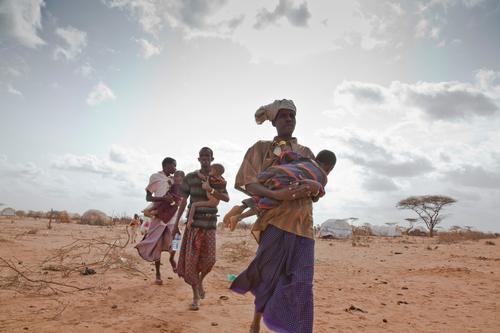
Reality Check: UN High-Level Meeting on Refugees and Migrants
